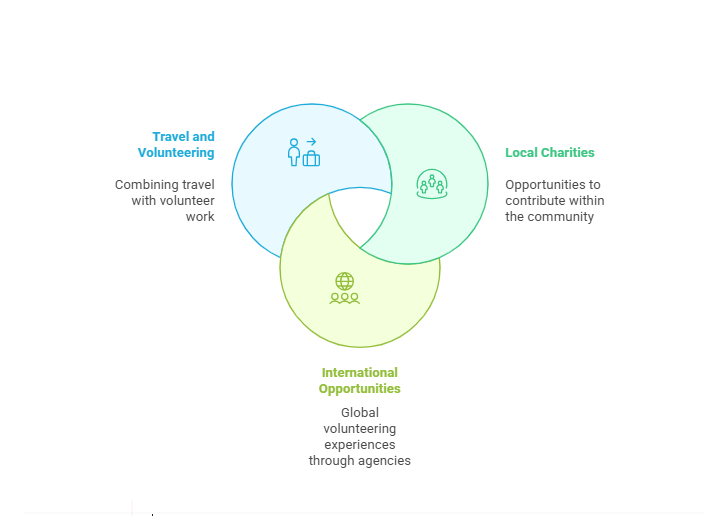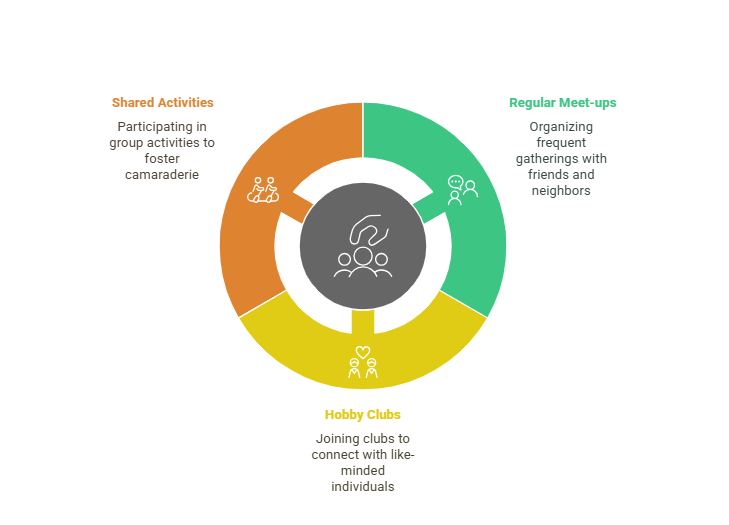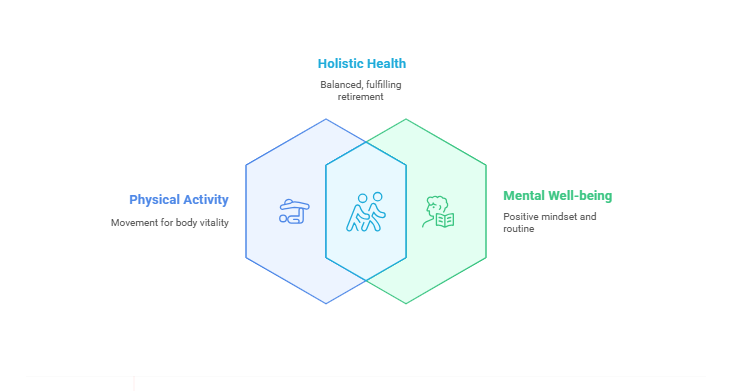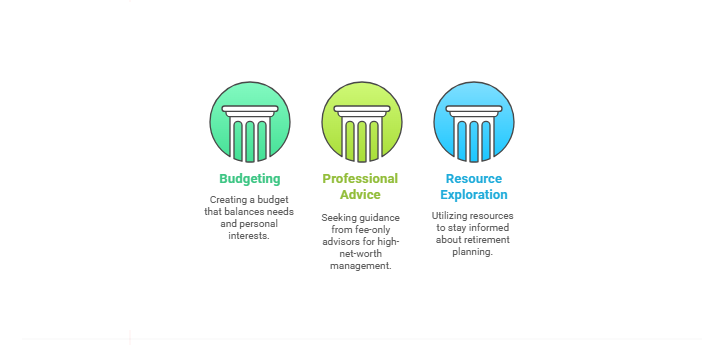
How to Build a Fulfilling Life After Retirement
Retirees often find that building a purposeful life after retirement fosters better mental well-being, eases stress, and leads to a renewed sense of achievement (APA Psychiatry). Stepping away from a full-time career can open doors to new interests, part-time endeavors, or philanthropic engagement that were not feasible while working. The following curated list shares practical strategies for retirees seeking a fulfilling lifestyle beyond the workplace.
Explore Volunteer Roles

Many seniors discover that volunteering offers meaningful connection and a strong sense of purpose (Projects Abroad). By contributing experience or professional skills to local charities and community groups, they can give back and enrich their own lives. Retirees might help at a food pantry, tutor children, or work at cultural events.
- Consider local nonprofit organizations that match personal interests.
- Look for international opportunities through reputable agencies specializing in senior volunteer programs.
- Combine volunteering with travel to explore new cultures while making a positive impact.
Maintain Social Bonds

A robust social circle can greatly enhance emotional well-being in retirement. Keeping close ties with friends, networking with peers, or even forging new relationships can help retirees stay energized and connected. This applies to family members as well, ensuring that intergenerational bonds remain strong and supportive.
- Organize regular meet-ups with neighbors, friends, or former colleagues.
- Join hobby clubs, senior centers, or online communities to find like-minded individuals.
- Plan shared activities, such as group exercise or dining events, to maintain a sense of camaraderie.
Focus On Health

Staying active can promote both physical and mental health, providing structure and routine. According to Universal Class, retirees who exercise regularly are less likely to develop chronic conditions and more likely to enjoy their new chapter of life.
- Choose enjoyable activities, from yoga and swimming to brisk walks.
- Explore personal trainers or fitness programs tailored to older adults.
- Balance workouts with proper nutrition and regular medical checkups.
Seek Lifelong Learning

Delving into new subjects keeps the mind sharp and fuels ongoing curiosity. Many retirees set aside time to read, enroll in adult-education classes, or watch educational videos related to personal growth. Consulting resources such as best retirement planning books can also guide them toward effective, knowledge-based decisions.
- Explore free online courses from universities or community education centers.
- Join local discussion groups or book clubs for intellectual stimulation.
- Consider picking up new languages or creative skills, like painting or programming.
Embrace New Passions

Retirement brings freedom to pursue hobbies or interests that may have been sidelined due to daily work obligations. Activities like art, music, gardening, or photography can illuminate hidden talents and reignite enthusiasm.
- Choose passions that align with personal values or spark joy.
- Experiment with short workshops or classes before committing to bigger investments.
- Seek local clubs or online forums to share the creative journey with others.
Plan Financial Stability

Financial security provides the foundation for exploring personal goals without undue worry. Even in a purposeful life after retirement, managing assets and ensuring a steady income flow remain essential. Those uncertain about long-term options can consult financial planning in retirement for strategies on structuring finances.
- Develop a budget that accounts for both essentials and personal interests.
- Work with fee-only advisors experienced in high-net-worth retirement management.
- Explore resources such as retirement planning basics to stay informed.
Set And Revisit Goals
Retirees may enjoy the freedom of setting flexible goals based on current interests, health, or financial circumstances. These objectives—big or small—can keep life interesting and maintain motivation.
- Create short-term targets, like mastering a new hobby or completing a reading list.
- Re-evaluate personal aspirations regularly to adapt to changing needs.
- Use a retirement planning checklist to ensure key milestones are not overlooked.
In one sentence, here are five frequently asked questions about a purposeful life after retirement: how can retirees find meaning in daily routines, what are some low-cost hobbies to explore, how does one maintain social connections, can volunteering truly reduce stress, and do part-time jobs help in staying relevant?
A fulfilling retirement can blend social, physical, and intellectual pursuits that align with individual values and interests. From volunteering to lifelong learning, there are countless ways for retirees to build a sense of purpose. Embracing new possibilities and planning finances wisely equips them to savor life’s next act with confidence and enthusiasm.
Showcase your recognition by adding our award badge to your website! Simply copy the code below and embed it on your site to highlight your achievement.

Recent Posts
Retirement Planners in Los Angeles to Consider
Los Angeles, a city synonymous with opportunity and innovation, is...
Retirement Planners in New York to Consider
Navigating the financial landscape of New York can be overwhelming,...





